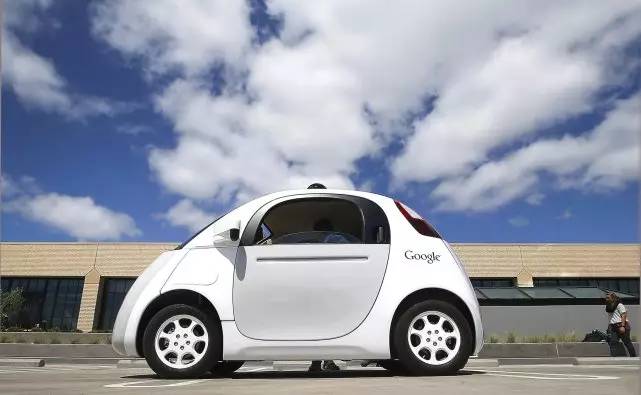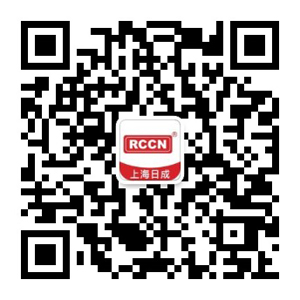Tony Seba, founder of the United States think tank RethinkX, Stanford University lecturer Tony Seba and technology investor, philanthropist James Arbib recently released an analysis report, predicted by 2030, the United States almost no longer have Private car. On the contrary, the vast majority of people will use the share of unmanned vehicles and electric vehicles.

Seba and Albi Bibu said that the future of urban traffic will be led by the car company, they will build a public unmanned electric vehicle network. If this future becomes a reality, it will have a huge impact on the US transportation system. Analysis report predicts that by 2030, the US private car ownership will drop 80%. The number of passenger cars on US road will be reduced from 247 million in 2020 to 44 million. By 2021, compared to the purchase of new cars, the use of shared electric vehicles per mile (1.6 km) can save costs 4 to 10 times. Compared to the purchase and maintenance of traditional cars, each household can save up to $ 5600 per year.
By 2020, global oil demand will peak, reaching 100 million barrels per day. Then will gradually reduce, to 2030 need 70 million barrels per day The reduction in transportation costs led to a surge in US disposable income for the year, up from $ 1 trillion in 2030.
If the vast majority of Americans are switching to shareable unmanned electric vehicles, they will have a huge impact on urban street planning in the United States. The report pointed out that 2030 less car mileage but will be more, because the car does not need to stop. When they send passengers to their destination, they then need to pick up other passengers. This can save a lot of land for other purposes, such as broadening the sidewalk and building more homes, parks and parking areas.
On average, more than 95% of the cars sold in the United States are in a vacant parking state. If fewer cars are on the road, the city can turn the city streets and parking lots into him. Some cities are already preparing to deal with such a future. In San Francisco, for example, the city has a lot of parking space into a "parking area", that is, including benches, plants or art of small green public space. Pittsburgh also said that due to the widespread use of unmanned vehicles, the next 20 years will reduce the urban street construction.
Many car companies are competing to develop unmanned vehicles. In 2016, Tesla Electric Motor Company hinted that the company intends to launch a carpool service at the end of the year. In addition, the company also announced that its latest electric car will be equipped with the ultimate support for automatic driving function of the hardware.
At the same time, Uber became the first company to conduct an unmanned vehicle pilot in the real world. Although these private cars use natural gas, Uber CEO Travis Kalanick called UberPool the future of the company, or even the future of American traffic. This application allows strangers to fight in order to reduce costs. "I believe that people who drive their private cars around the world will be drastically reduced," said Andrew Salzberg, director of transport policy at Uber.
GM, Ford and other veteran car manufacturers are also developing their own unmanned vehicles, and even consider the launch of the carpool service.
Seba and Albi Bibo believe that the parking lot will eventually become useless, for which the city needs to reconsider planning and road infrastructure construction. "We are on the creep of the fastest, deepest and most direct subversion of transport trends in history, but it's nothing magical because it's driven by the economy."
















 RCCN WeChat QrCode
RCCN WeChat QrCode Mobile WebSite
Mobile WebSite